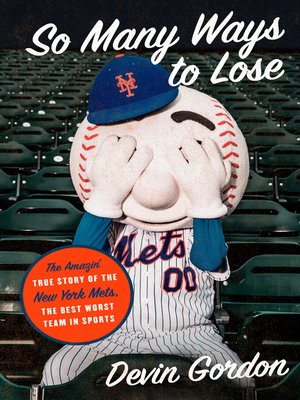Title: The League
Release Date: June 12, 2023
Director: Sam Pollard
Production Company: Play/Action Pictures RadicalMedia Two One Five Entertainment YABBA Biri Productions
Summary/Review:
The Negro Baseball Leagues allowed the best Black American baseball players to play in a highly-competitive and entertaining professional sport from the 1920s to 1940s. The leagues were Black-owned businesses who employed not only Black coaching staff and other Black employees on down to the vendors, becoming a major economic force in the Eastern and Midwestern cities where they played. As such, Sam Pollard’s documentary focuses a lot on the executives behind some of the most successful ballclubs such as Rube Foster of the Chicago American Giants, Cum Posey of the Homestead Grays, and Effa Manley of the Newark Eagles (who was also a notable woman’s voice in a man’s world).
The documentary also sets the Negro Leagues in the context of the Civil Rights Movements of the 20th centuries as it relates to Black soldiers fighting in the World Wars having to fight a second battle for equality, the Great Migration from the South, and the Harlem Renaissance. What the movie doesn’t focus on all too much is accomplishments on the playing field, which I found a little disappointing, although it does touch on many of the best players. Since almost everyone involved in the Negro Leagues has passed on, direct interviews were not possible, but the film does well incorporating historical interviews with figures like Satchel Paige. Passages from the memoir of a less well-known figure, Negro League umpire Bob Motley (voiced by Pollard), are used throughout the film as a connective thread.
While Jackie Robinson breaking the color barrier with the Brooklyn Dodgers in 1947 is celebrated as a moral victory, it comes at a cost. Major League executives like the Dodgers’ Branch Rickey openly scoffed at providing compensation to Negro League teams for signing away their contracted players. Soon the Negro Leagues were picked clean of their best players and folded, or continued in a reduced fashion until the final league disbanded in 1962. The economic effect on the Black community was devastating as well as the pride in being able to make something successful on their own. One of the great “what ifs?” of American history is the possibility that Negro Leagues could’ve merged into Major League Baseball (much like the later NFL/AFL and NBA/ABA mergers), something that Rube Foster envisioned back in the 1920s!
This is an excellent, well-constructed documentary that should appeal to a wide audience, not just sports fans. I learned a lot from it although I still feel in the time allotted it only skims the surface, leaving me wanting to know more.
Rating: ***1/2




